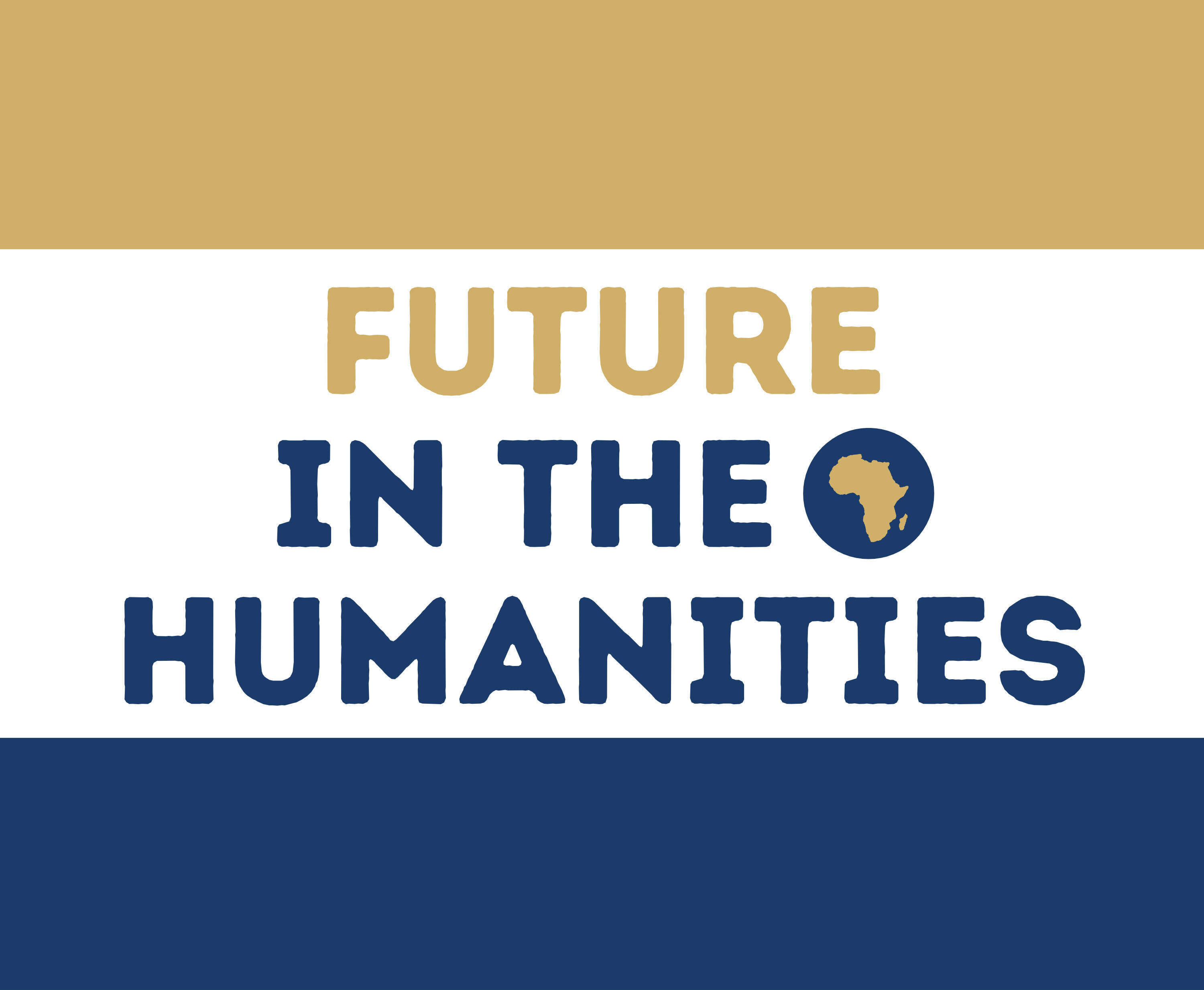Launched during Wits University's centenary anniversary - the series tackles critical questions on the role and future of the Humanities. The arts, philosophy, anthropology, and literary studies are increasingly perceived as under attack. And yet, in the Global South, these disciplines have never been in a position of greater strength. Scholars in Africa and South America are displaying unprecedented confidence in challenging frameworks that used to be uncritically adopted from centres of knowledge in Europe or North America. Reflections on race, power, or how we interface with our planet that emerged from societies once perceived at "the margins" are gaining increasing centrality on a global stage.
The series addresses some of these innovations and contradictions, drawing in different voices within and outside the academic world. Each episode focuses on a specific challenge, puzzle, or problem, rather than on a piece of research or a prominent researcher, in ways that display the unique sensitivities and insights that distinguish academia in the Global South.
The Future in the Humanities podcast is written and produced by Andile Masuku and Iginio Gagliardone and co-produced by Brendan "Spike" Ballantine. Hosting and interviews by Andile Masuku. Editing, sound design, audio mix, and mastering by Brendan "Spike" Ballantine.


